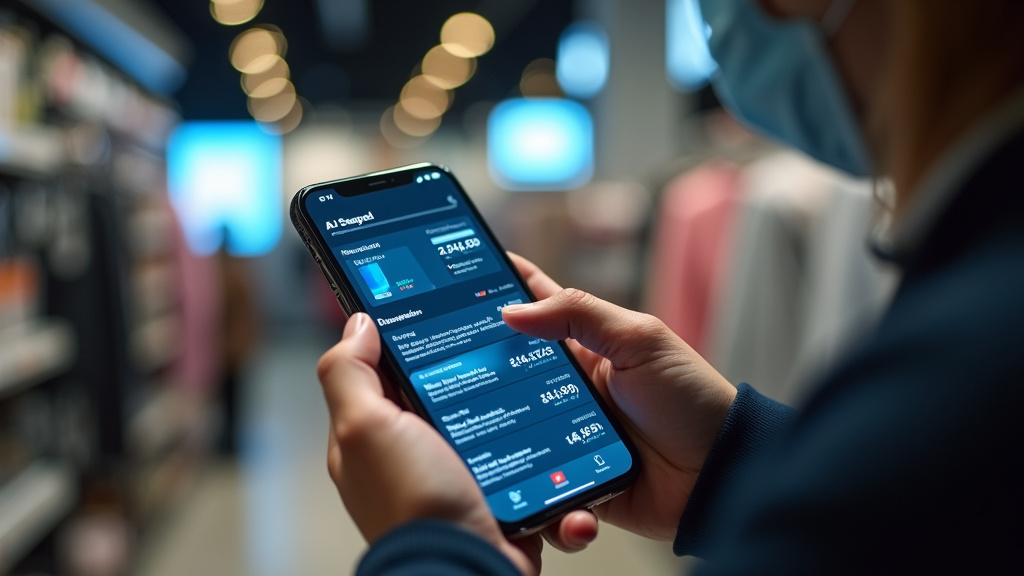Kering Announces Ambitious Scope 3 Emission Reduction Target
Paris, France – Kering Group, the esteemed parent company overseeing a portfolio of world-renowned luxury houses including Gucci, Yves Saint Laurent, Bottega Veneta, and Balenciaga, has unveiled a significant new commitment aimed at drastically reducing its environmental footprint. On April 29, 2025, during the group’s annual sustainability report presentation held in Paris, the conglomerate announced a bold target to halve its Scope 3 greenhouse gas emissions by the year 2030. This ambitious goal specifically addresses the indirect emissions generated throughout Kering’s extensive value chain, a notoriously complex and challenging area for large corporations to influence and measure.
Deep Dive into Scope 3: The Value Chain Challenge
Scope 3 emissions represent the largest portion of a company’s carbon footprint, encompassing all emissions not directly controlled by the company (Scope 1) or related to purchased electricity (Scope 2). For a luxury group like Kering, these indirect emissions are primarily concentrated in the sourcing and processing of raw materials—such as leather, cotton, wool, precious metals, and stones—as well as upstream and downstream transportation and logistics, manufacturing, retail, and the end-of-life of products. Targeting a 50% reduction in this category signifies a profound commitment to tackling the most significant source of its environmental impact.
Strategic Focus: Raw Materials and Logistics
The plan detailed by Kering executives, including Chairman and CEO François-Henri Pinault, during the Paris presentation, emphasizes a strategic focus on the most material sources of these Scope 3 emissions: raw material sourcing and logistics. The production of raw materials, from farming and ranching to mining and processing, is often energy-intensive and can have significant land use and biodiversity impacts, contributing heavily to the overall carbon footprint. Similarly, the global transportation networks required to move materials and finished goods across continents generate substantial emissions.
Kering’s strategy involves working closely with suppliers and partners across its multi-tiered supply chain to foster more sustainable practices. This includes promoting regenerative agriculture, supporting low-carbon transportation options, and improving energy efficiency in manufacturing processes not directly owned by the group. The sheer diversity and global spread of Kering’s supply chain make this a complex undertaking, requiring significant collaboration and data collection.
Enhancing Transparency with EcoTrack Solutions
A cornerstone of Kering’s intensified Scope 3 strategy is a new partnership with EcoTrack Solutions, a specialized tech firm. This collaboration is specifically designed to boost supply chain transparency, a critical step in accurately measuring, reporting, and ultimately reducing indirect emissions. Lack of visibility beyond immediate suppliers is a common hurdle for companies attempting to manage Scope 3 impacts.
The partnership with EcoTrack Solutions is expected to leverage technology—potentially including blockchain, data analytics, and digital tracking tools—to gain deeper insights into the environmental performance of upstream suppliers and logistics providers. By improving data collection and analysis capabilities, Kering aims to identify emission hotspots more effectively, track progress against its targets, and empower decision-making processes to favor lower-impact alternatives. This move underscores the vital role that technology plays in enabling corporate sustainability ambitions in today’s complex global economy.
Responding to Investor Pressure and Regulatory Shifts
Kering’s accelerated commitment to Scope 3 reductions also comes at a time of burgeoning pressure from investors who are increasingly incorporating Environmental, Social, and Governance (ESG) factors into their investment decisions. There is a growing recognition within the financial community that climate risk, particularly related to value chain emissions, poses a material threat to long-term business resilience and financial performance. By setting and publicly declaring such an ambitious target, Kering is proactively addressing these investor demands and signaling its commitment to responsible business practices.
Furthermore, the luxury group’s move anticipates upcoming stringent EU regulations on corporate sustainability reporting. The Corporate Sustainability Reporting Directive (CSRD), which is being phased in, significantly expands the scope and detail required for companies to report on their environmental and social impacts, including mandatory reporting on Scope 3 emissions. By taking decisive action now and investing in transparency tools like those provided by EcoTrack Solutions, Kering is positioning itself to meet these evolving regulatory requirements and maintain compliance within the European market, which is crucial for its business operations.
CEO’s Vision
During the presentation in Paris on April 29, 2025, François-Henri Pinault highlighted the urgency of climate action and reinforced Kering’s long-standing commitment to sustainability. He articulated the target not just as a regulatory or investor-driven necessity, but as a fundamental part of the group’s vision for the future of luxury, emphasizing innovation and responsibility. The 2030 target represents a significant escalation of Kering’s previous environmental goals, reflecting a deeper understanding of the challenges posed by Scope 3 emissions and a willingness to invest substantial resources in tackling them.
Implications for the Luxury Sector
Kering’s ambitious Scope 3 target sets a notable benchmark within the luxury goods sector. As a leader in the industry, its actions often influence peers and supply chain partners. Addressing value chain emissions is particularly critical for luxury, where the desirability of products is often intrinsically linked to the quality and origin of raw materials, as well as the craftsmanship and ethical sourcing involved. This commitment from Kering could encourage other luxury brands to set more ambitious Scope 3 targets and invest in similar supply chain transparency initiatives, potentially driving broader systemic change within the industry.
Achieving a 50% reduction by 2030 will require significant innovation, collaboration, and investment across Kering’s entire ecosystem. The focus on raw materials and logistics, supported by enhanced data visibility through the EcoTrack Solutions partnership, provides a clear strategic pathway. This announcement reinforces Kering’s position as a frontrunner in sustainability within the luxury industry, signaling a determined effort to mitigate its environmental impact and build a more resilient and responsible business for the future.





